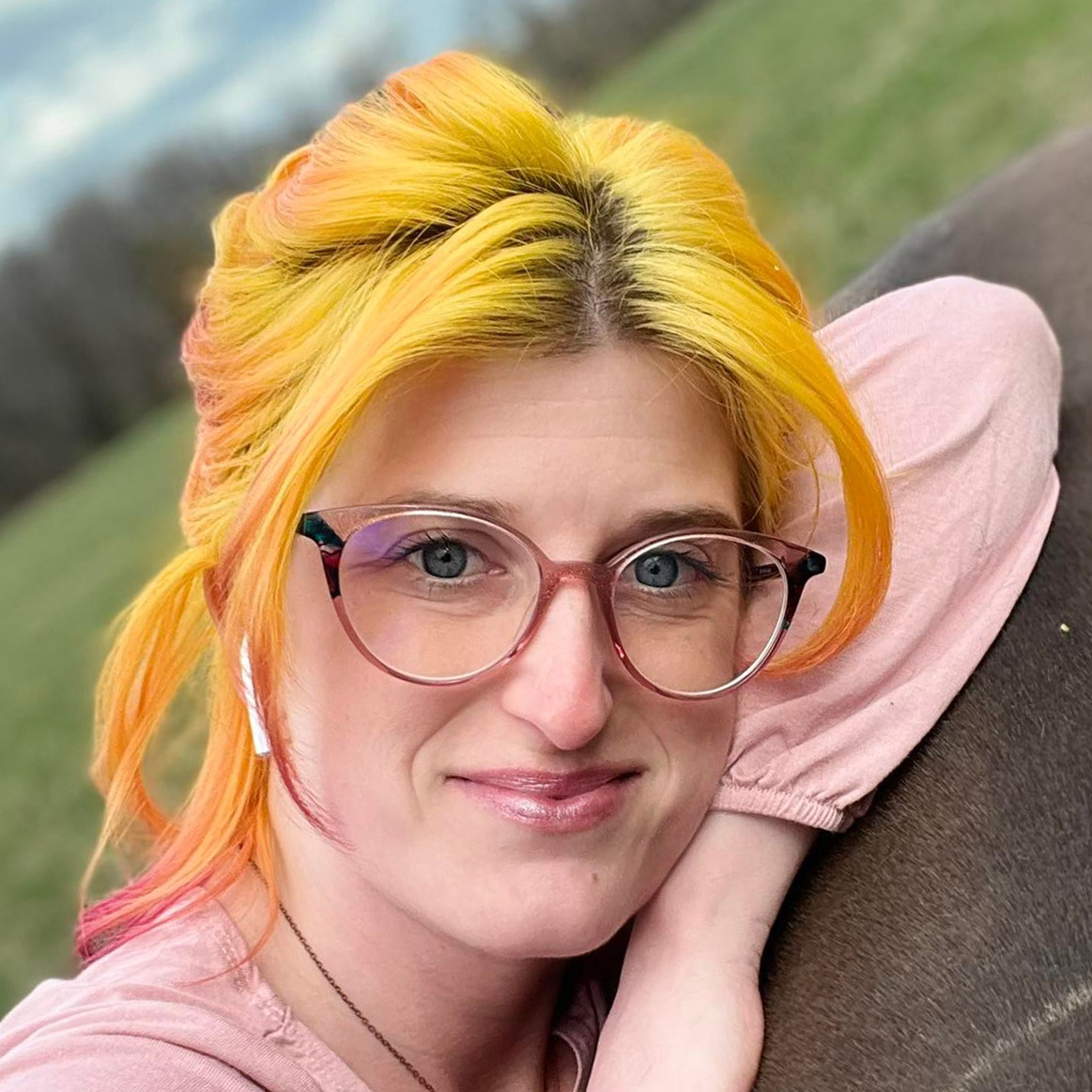Key takeaways:
Venlafaxine — better known by the brand name Effexor — is a medication used to treat depression. It belongs to a class of medications known as serotonin and norepinephrine reuptake inhibitors.
It works by increasing the levels of serotonin and norepinephrine in the brain, which helps to improve mood and reduce anxiety.
People who have taken it say it helped their depression, and the side effects were mild.
Save on related medications
Venlafaxine, better known by the brand name Effexor, is a medication commonly used to treat depression and anxiety disorders.
It is an antidepressant that belongs to a class of medications known as serotonin and norepinephrine reuptake inhibitors (SNRIs).
Experts say Effexor works by boosting the levels of serotonin and norepinephrine in the brain, leading to an improvement in mood and a reduction in anxiety symptoms.
The side effects can vary from person to person, but some common ones include nausea, dizziness, drowsiness, and constipation.
Here’s how three people describe what it’s like to take Effexor.
Improved mood and clearer thoughts
Amanda McDonald describes her childhood as “traumatic” and says the stressors of her adult life compounded the trauma. She became “a shell of a person.”
“I stopped caring,” she says.
But she says eventually sought help because she decided that she needed to get to a healthier place mentally.
Amanda was diagnosed with depression, and found ways to cope. Those ways have included therapy, journaling, an inpatient hospitalization stay, and an emotional support dog.
Her doctor also prescribed Effexor.

“Taking Effexor has been a game-changer for me,” Amanda says. “I noticed that the fog lifted, and my thoughts were finally clear. The days seemed brighter, and I was ready to start participating in life again.”
Amanda, a 44-year-old founder of a disability claim company, lives in Central Florida and says her side effects from the medication have been relatively mild.
“Effexor causes me to jerk at times,” she says. “It is only one jerk, but it is startling.”
If she misses a dose, Amanda says she starts to feel dizzy. But she says the benefits outweigh the side effects. The medication helps her process her thoughts.
“Someone once told me that thoughts are like trains. You can hop on board or allow it to pass through the station. And that advice has gotten me through many tough moments,” she says.
Amanda talks openly about her experience because she hopes it can help others.
“Depression is often dismissed as a case of the blues,” she says. "But it is not. It is a serious medical condition. We must stop hiding so we can get the help that we deserve.”
Happy is not the same as ‘not depressed’
Nashira Funn Kayode, a 39-year-old Los Angeles-area psychotherapist and licensed clinical social worker, spent much of her childhood in the hospital because of a blood disorder. She says that contributed to her mental health issues.
“For me, depression started very early,” she says. “I missed a lot of school. When I was not in the hospital, I couldn’t play outside. I was very lonely and isolated on top of having a physical illness.”
Nashira says depression followed her into adulthood like a cloud.
She got help and tried antidepressants such as trazodone, Prozac (fluoxetine), and Zoloft (sertraline). Trazodone made her so tired that she was unable to function, and Prozac hurt her stomach.
Finally, she was prescribed Effexor, which she has been on ever since, except for a few breaks here and there.
“I just got tired of feeling depressed and sad,” she says. Taking Effexor has helped, Nashira says.

“The biggest way that I know it works is that the little things don’t send me spiraling,” she says.
But one of her realizations has been that being happy is not the same thing as being “not depressed.”
“Part of it for me was being more educated that these medications don’t necessarily make you happy,” she says. “They just make you not depressed.”
She says she had to seek out true happiness on her own.
To do that, she says, her doctor helped her get on the right dose of the medication rather than the maximum possible dose. That way, she doesn’t experience side effects such as extreme tiredness. She says that gave her the motivation to start doing things again and to ask herself, “Where do I find my happiness?”
Some days, finding that happiness is still a struggle, she says. But she continues to do the work to be the healthiest, happiest version of herself that she can be.
Nashira encourages others to be open with their healthcare providers about how they are feeling and to be their own advocates when it comes to finding the solutions that work for them.
Anxiety symptoms seem to fade away
Erin Hybart, a 41-year-old Louisiana-based blogger, says she has had anxiety and situational depression throughout her life.
There were times when Erin was able to manage her symptoms on her own. However, it became clear during a particularly challenging phase of life that she needed additional support.

When she had two young children at home, her then-husband was often away on work trips. She remembers feeling paranoid when she was home alone with the kids.
“I kept feeling like something felt off in that house,” she says. She could not let go of the intense anxiety and slept with a baseball bat by the bed.
Her doctor recommended Effexor, and Erin noticed a big difference. Her anxiety faded, and she was able to sleep and function again.
The only side effect she notices is when she forgets to take it, she says.
“If I forget my dose in the morning, it makes my brain and body feel like they are moving at two different speeds,” she says. But for now, she wants to continue to take it.
What does the pharmacist say?

Christina Aungst, PharmD
Pharmacy Editor
Effexor is a popular antidepressant. It belongs to a class of medications called serotonin and norepinephrine reuptake inhibitors (SNRIs). It’s FDA approved to treat depression and certain anxiety disorders. Experts say it works by balancing levels of certain chemical messengers in the brain, such as serotonin and norepinephrine.
Most people take Effexor between 1 and 3 times a day. This dosage depends on your response to the medication and whether you’re taking the immediate or extended-release version.
Effexor may start to improve symptoms within 1 to 2 weeks. But it typically takes at least 4 to 8 weeks to experience the medication’s full benefits.
Effexor is generally well tolerated, with mild side effects for many people. Common side effects include nausea, dry mouth, and sleep changes. Often, these are more noticeable when you first start Effexor and get better over time. But for many people, the benefits of taking it outweigh the side effects they experience.
Taking Effexor consistently is important and helps it to work as effectively as possible. Missing doses or stopping it suddenly can lead to uncomfortable withdrawal symptoms. Common symptoms include headache, trouble sleeping, and upset stomach. Restarting Effexor should help relieve withdrawal symptoms.
Discuss Effexor’s risks and benefits with your healthcare provider before starting it. They can help determine if it’s the right medication for your symptoms.

Why trust our experts?




















